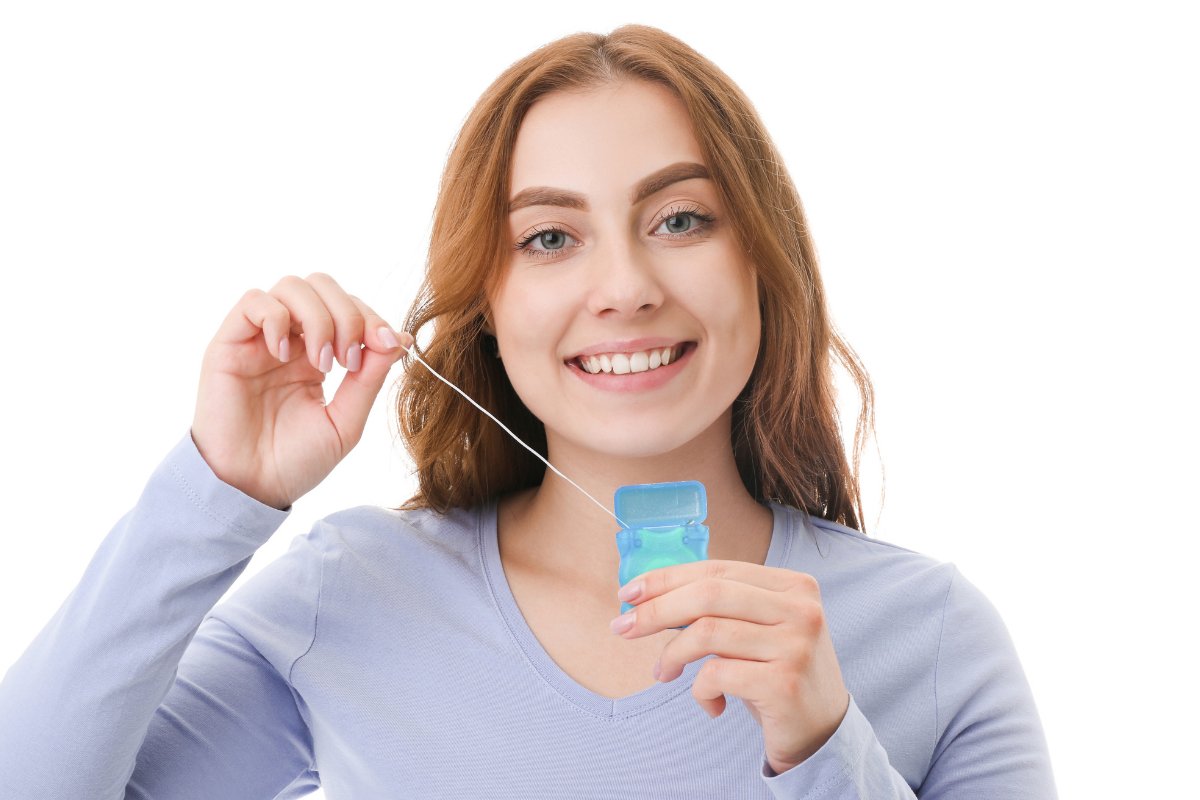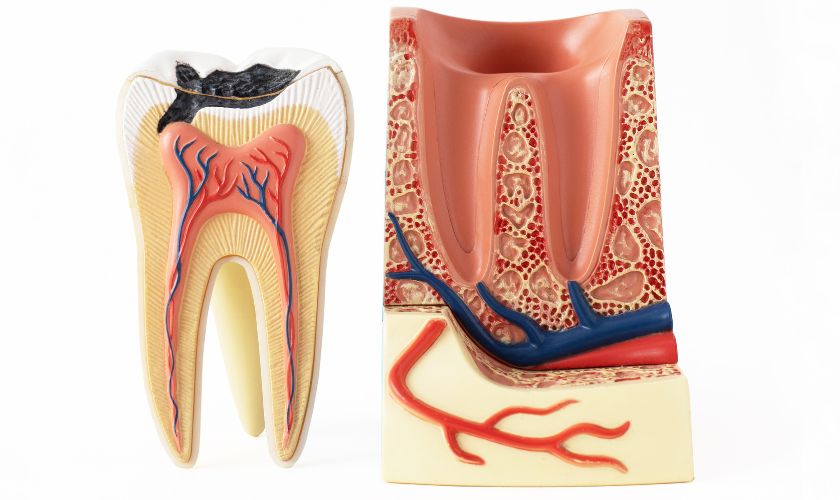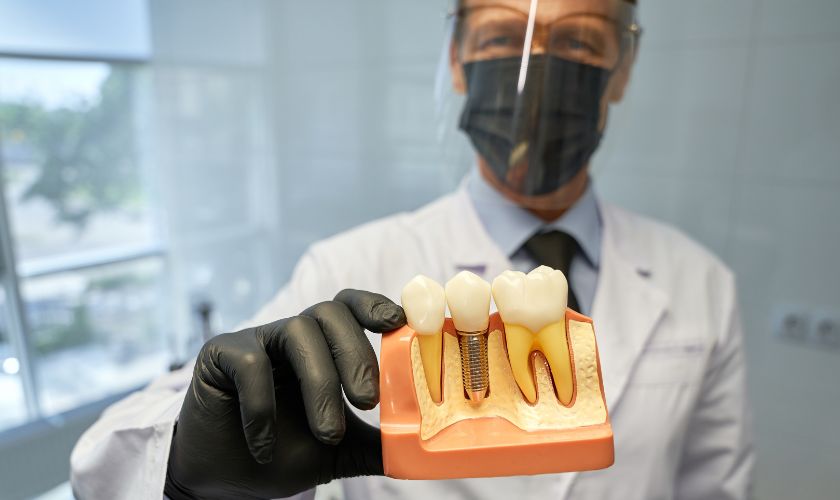2436 Foothill Blvd. Suite A Calistoga, CA 94515
Does Flossing Really Make a Difference?

Does Flossing Really Make a Difference?
We all know how important brushing is to keep our teeth healthy and our smiles bright, but does flossing really make a difference? Is it really necessary if you brush well? Continue reading to learn more about why flossing is recommended.
What is Dental Floss?
Dental floss is simply a long strand of specially made string that is used to clean between the teeth and under the gumline. There are different varieties of floss for different needs, but they are all pretty much the same concept.
Do I Need to Floss?
If you’re wondering, “Does flossing really make a difference?” the answer is yes. Studies show that brushing alone only reaches about 65% of the surfaces of your teeth, leaving 35% virtually untouched and prone to the buildup of food particles, bacteria and plaque that can lead to cavities. That’s more than ⅓ of the surface area of your teeth!
The simple act of flossing makes a huge difference for the health of your teeth and gums because it helps to keep them clean and free from infection.
How Do I Floss?
Don’t worry, it’s easy! But it will take a bit of practice to get the hang of it so it’ll feel completely natural.
Start with an 18 inch length of floss. This may seem like a lot, but the key is to use a fresh section of the floss for each tooth so that you don’t spread plaque around your mouth.
Next, wrap the floss firmly around your middle fingers on both hands. Make sure that it’s not wrapped too tightly so that your fingers start to look purple! If it starts to cut off circulation, simply start over and wrap it more loosely.
Then stretch a 2-3 inch section of the floss pinched between your thumbs and index fingers and gently slide it between your teeth and under the gumline to either side of each tooth. Repeat between every tooth, and that’s it!
What Type of Floss Should I Buy?
The type of floss you buy can make a big difference for your flossing experience. If you have crowded teeth, braces or other dental appliances, then waxed or no-shred floss are highly recommended. If you’re a beginner just starting out or have tender gums, gentle and expanding floss will help a lot with your comfort.
What if My Gums Bleed?
If your gums bleed when you floss, or if they look red, puffy or feel tender, these are all signs of gum disease. Keep an eye out for these symptoms and if you notice them, call your dentist for an appointment right away. It’s typically nothing to be alarmed about, but it’s a good idea for your dentist to examine your gums and determine if additional treatment is needed to help your gums heal.
In most cases, your gums will become less tender and no longer bleed as they become healthier the more you floss regularly. So the answer to the question “Does flossing really make a difference?” will be apparent as you continue to practice good oral hygiene including flossing and watch your gums heal.
Call our to make an appointment with a dentist who may be able to help you find out more about this topic, and improve your oral health.




